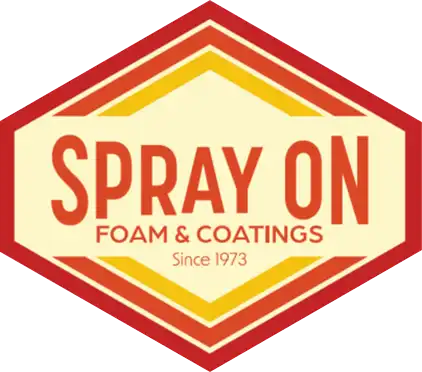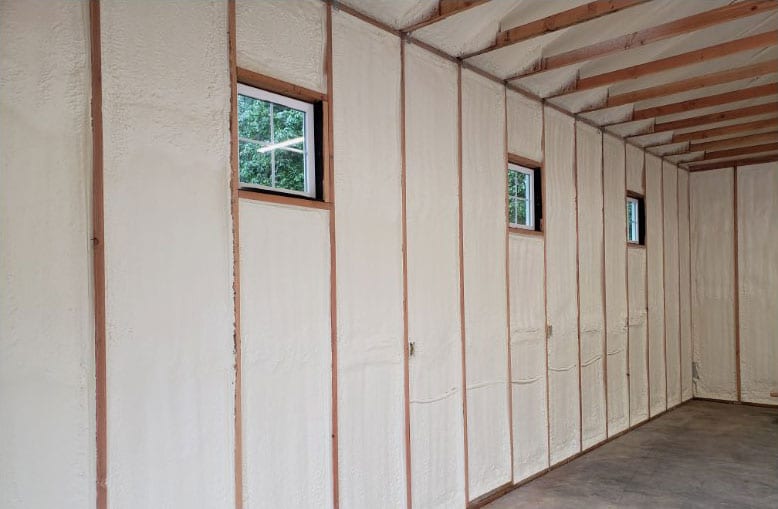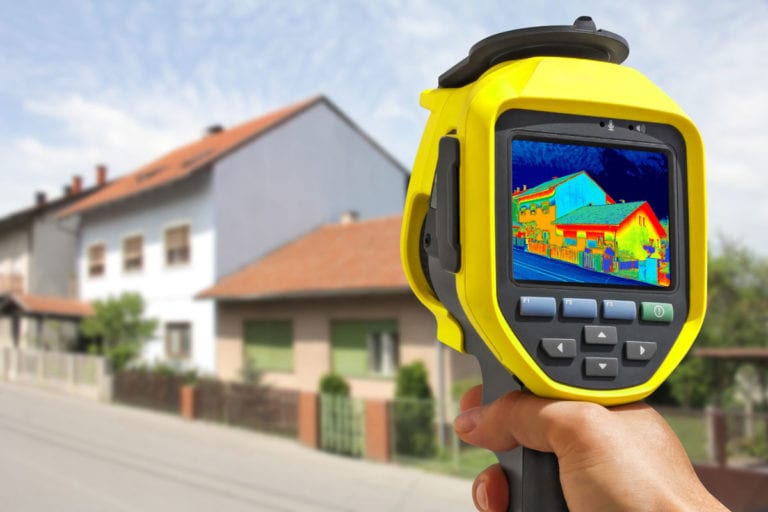Spray Foam Insulation Provides Better Indoor Air Quality
You know how they say that if it sounds too good to be true, it probably is? That’s a good rule of thumb. And it’s usually accurate — except in the case of spray foam insulation’s effect on air quality. In this case, the hype is real — and deserved: Spray foam insulation provides better indoor air quality for your business.
As we often say: Spray polyurethane foam eliminates air leakage. It seals gaps, cracks, and little holes in what we call the building envelope. It helps improve energy efficiency and building durability.
Plus, controlling air infiltration reduces tenant complaints for those who own commercial properties.
Long story short: It makes for a safer, healthier, more comfortable indoor environment.
We’ll prove it to you.
Better Indoor Air Quality
The first thing to know about air quality is that the air that you and your customers or clients breathe comes in no small part from the crawl spaces. Improperly insulated crawl spaces can be feeding grounds for mold, which thrives on moisture.
The air passing through your crawl spaces eventually makes its way to your business space. If you smell something musty, then you may have mold. As we all know, mold released toxins that can be problematic for people with respiratory difficulties. It can also make otherwise healthy people fall ill.
Spray-foam expands so thoroughly that it fills every little space, preventing air and moisture (water vapor) from penetrating the area. This eliminates what are essentially food sources for mold. And since a lack of moist air hinders mold and mildew growth and — voila! Better indoor air quality.
That’s not all, though.
Sealing these spaces also prevents outside air pollutants from getting into the building. Indoor air pollution is a serious issue, and poor indoor air quality leads to poor health outcomes for employees and clients.
Spray-foam insulation is air-sealed, whether you use open or closed-cell foam. Thus it can help prevent mold spores and mold growth plus those pesky allergens that arise every spring to ruin allergic people’s days. Allergic reactions can be triggered by
With spray-foam insulation on the job, they will at least have some respite from the allergens while they’re visiting your business. An air conditioning (HVAC) system helps maintain a proper balance between energy efficiency and air quality, but insulation is really the key.
Spray-Foam Application
The process of applying the spray-foam itself also contributes to better indoor air quality.
How? Because our light-density products contain absolutely no blowing agents. That’s right — no CFCs (chlorofluorocarbons) or HCFC’s (hydrochlorofluorocarbons). There’s also zero formaldehyde.
Also: While the application process does create some off-gassing, we work hard to create an atmosphere of effective ventilation while we work. This protects us and you! And when our work is done and the spray-foam insulation has cured and set, there will be no more off-gassing. (This process only takes a few seconds.)
How do we know what we know? Because we have decades and decades of experience — almost 50 years! We’ve served our community since 1973, and we’ve developed and perfected processes that will improve your building’s insulation and air quality.
So put your concerns to rest if you’re thinking about air quality and spray-foam insulation. We’ve got you covered.
Get in touch with Spray-On Foam & Coatings today!







